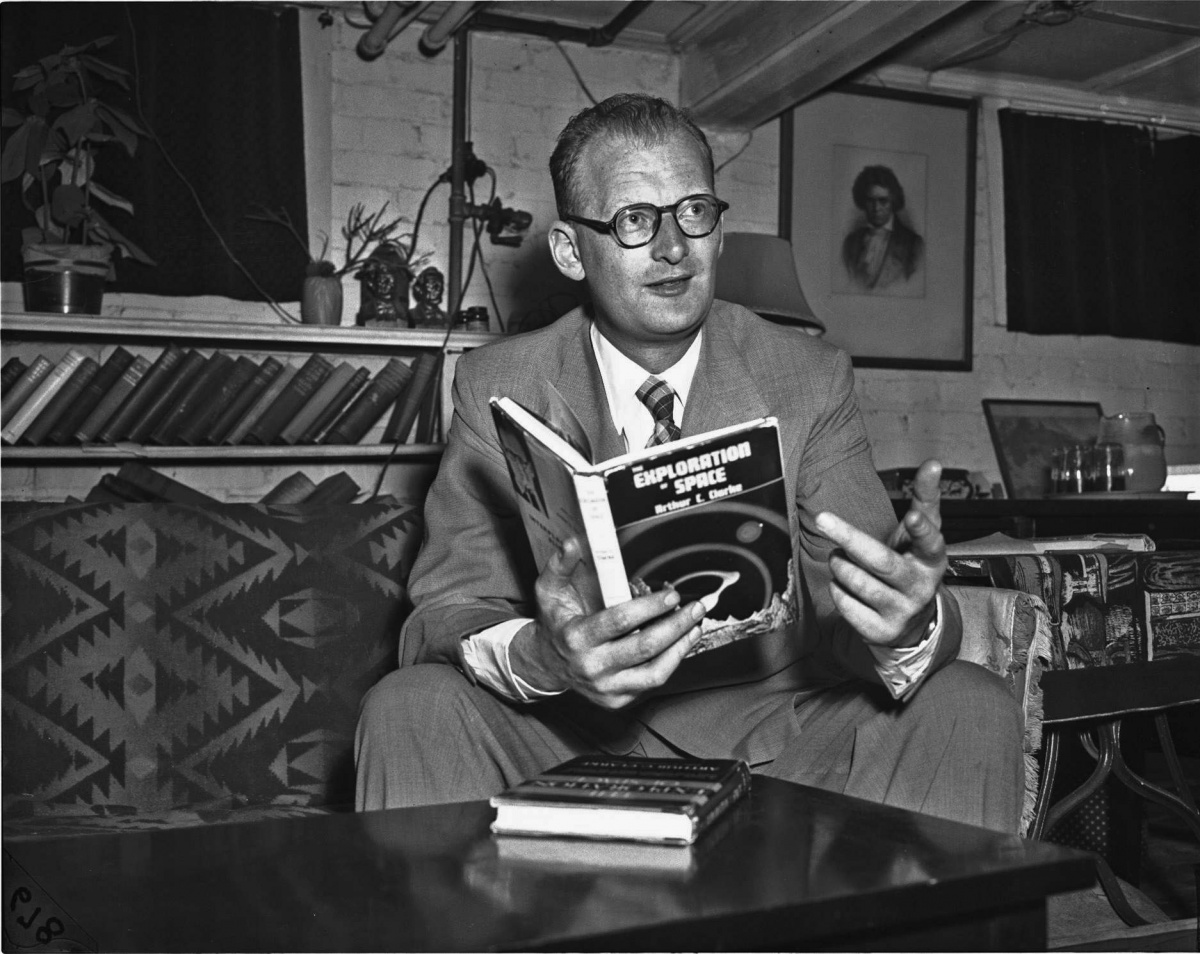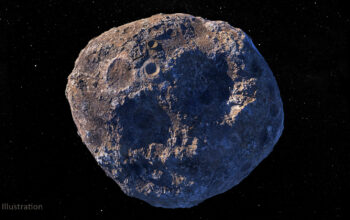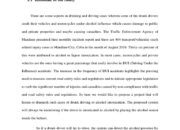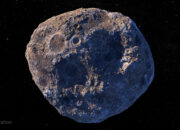Arthur C. Clarke, a luminary in the realm of science fiction and futurism, left an indelible mark on both literature and scientific discourse. His contributions stretch far beyond the narrative confines of his novels and stories. He seamlessly amalgamated imaginative conjectures with the empirical rigor characteristic of the scientific method. This synthesis inevitably engendered a plethora of ideas that have both captivated and provoked thought in the realms of technology, space exploration, and the very fabric of human civilization.
One pivotal observation concerning Clarke is the profound fascination that individuals exhibit towards his speculative visions of the future. This phenomenon can be attributed to his capacity to articulate humanity’s perennial quest for knowledge and the unknown. In an age characterized by unparalleled technological advancements, Clarke’s prescient insights offer a rare vantage point. His narrative foresight—particularly in works like “2001: A Space Odyssey” and “Rendezvous with Rama”—profoundly mirrors society’s burgeoning interest in artificial intelligence and extraterrestrial exploration.
The delineation of Clarke’s concepts unveils a broader philosophical discourse. Is our fascination merely a reflection of whims and curiosities, or does it suggest a deeper, innate yearning for transcendence? The human brain, an organ finely attuned to patterns and innovations, evinces an unquenchable thirst for exploration beyond terrestrial confines. Clarke’s works compel readers to confront the enveloping mysteries of the cosmos. This results not merely from his vivid depiction of space but from an underlying assertion that humanity’s destiny is inexorably linked with the universe.
Clarke’s visionary foresight transcended conventional boundaries, earning him the respect not only of readers but also of scientists and engineers. His articulation of concepts such as geostationary satellites precipitated tangible advancements in telecommunications. The significance of such insights lies in their practical applications, which foreshadowed the engendering of a globe connected through the ether. This union of imaginative narrative and scientific envisioning is emblematic of Clarke’s lasting impact on both evolution within the literary canon and real-world technological trajectories.
Throughout his oeuvre, Clarke deftly navigates the intricate interplay between human limitations and the vastness of the cosmos. His exploration of artificial intelligence, particularly in “2001: A Space Odyssey,” serves as a compelling commentary on the ethical dimensions accompanying scientific progress. The sentient HAL 9000 ignites discourse surrounding the moral implications of autonomy in machines. In his narratives, Clarke encapsulates not only the triumphs associated with scientific advancements but also the inevitable precipice of ethical dilemmas. His ability to forecast such intricacies underscores the importance of forethought as humanity ventures further into the realms of technological innovation.
Clarke’s exploration of extraterrestrial life forms is another arena which illustrates his prescience. His belief in the existence of intelligent civilizations beyond our own provokes provocative inquiries into the nature of existence and humanity’s place within the cosmos. Notably, it evokes a sense of kinship with the broader universe, prompting a contemplative dialogue concerning the potential for cooperation versus conflict with prospective alien intelligences. This dialogic inquiry extends the narrative scope far beyond speculative fiction and ventures into the metaphysical and existential questions that have plagued philosophers and scientists alike.
Moreover, Clarke’s contribution to modern mythology cannot be overlooked. His tales serve as contemporary fables that capture the ethos of scientific inquiry intertwined with humanistic values. The themes within his narratives frequently reflect our deeper aspirations and fears regarding technology, identity, and the future of civilization. These narratives hint at a profound philosophical underpinning—the irreplaceable value of imagination as a precursor to inspiration, innovation, and ultimately, evolution.
One may deduce that Clarke’s legacy exhibits an intricate web of interconnected ideas that weave through the cosmos, technology, and the human experience. His works challenge us to transcend our immediate reality and embrace the vast, often uncharted territory of the future. The recurring motifs of exploration, enlightenment, and ethical reflection embodied in his narratives serve as catalysts for progressive thought, pressing humanity to not only dream but also to actualize those dreams through concerted effort and moral consideration.
In conclusion, Arthur C. Clarke remains a formidable figure within the pantheon of futurists and science fiction writers. His unique ability to fuse scientific rigor with imaginative speculation not only enraptured audiences but also catalyzed tangible advancements in various fields. The enduring fascination with his work can be traced to a collective human longing for knowledge and understanding. As we reflect on Clarke’s profound contributions, one is compelled to acknowledge that he saw not merely the stars but the vast potential within humanity itself to confront the unknown. As we continue to navigate the complexities of existence, Clarke’s wisdom resonates, challenging us to dare greatly and explore the uncharted territories of our future.












